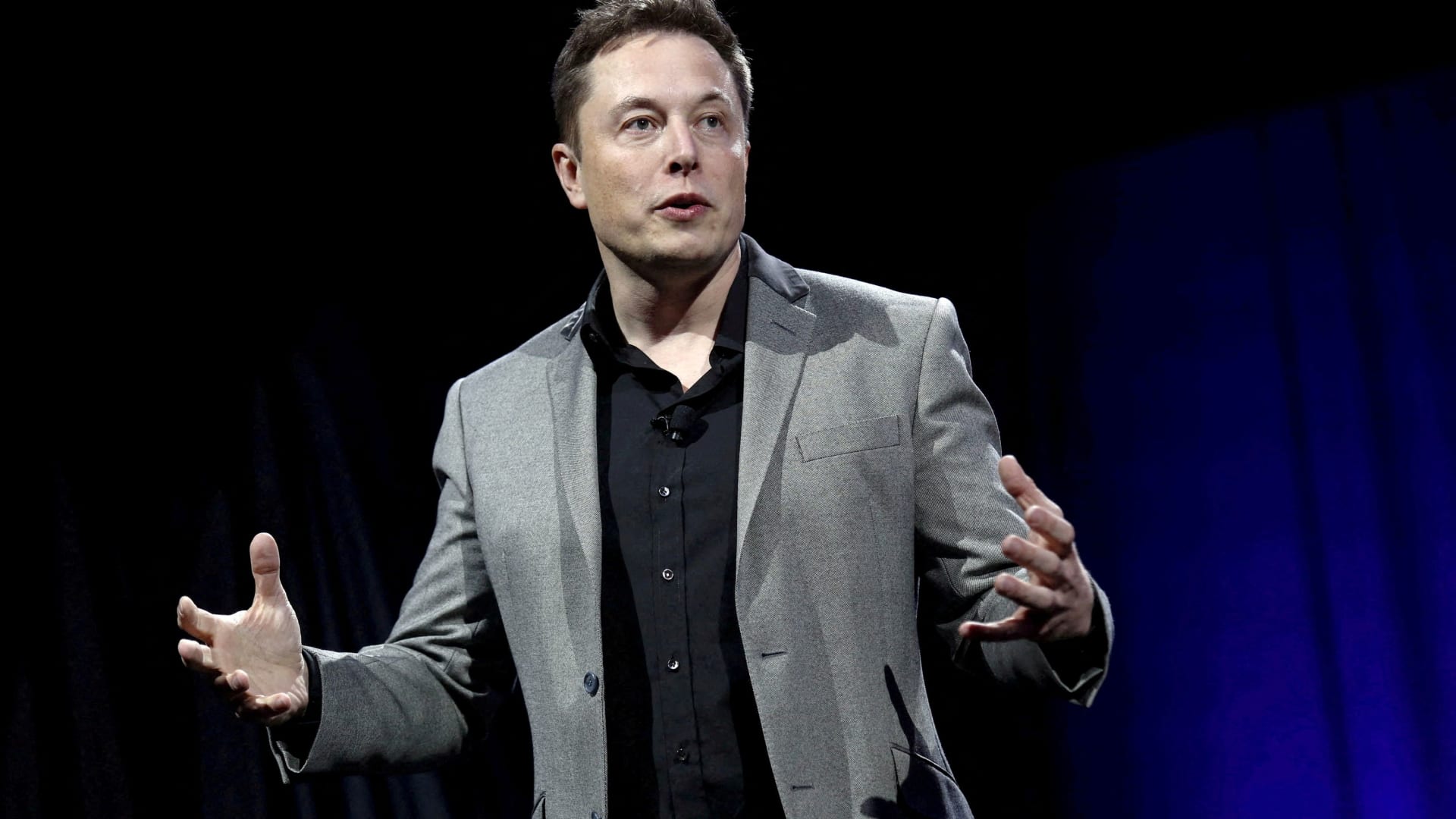
The Twitter-Elon Musk saga continued this week, as the two parties traded barbs in legal filings ahead of a five-day trial that’s scheduled to start Oct. 17.
Newly released legal documents from lawyers representing Musk in a countersuit against Twitter claim the social media company engaged in a scheme to “mislead investors” by providing false numbers in financial filings with the Securities and Exchange Commission. Musk charges Twitter’s platform has at least double the number of bots the company claims in SEC filings and fewer “monetizable daily active users” than claimed.
Twitter responded that the billionaire CEO of Tesla and SpaceX is making incorrect assumptions, and looking for an excuse to back out of his $44 billion agreement in April to buy the social network.
Both sides are building their cases in the run-up to the Delaware court date set to resolve the dispute over whether Musk has to follow through with the deal.
The drama began in early April, when Musk disclosed a significant stake in Twitter. After first agreeing to join Twitter’s board, he reversed course and instead offered to buy the company or sell his holdings.
Twitter was initially opposed to the deal, and sought another route, but eventually came to an agreement to sell to Musk for around $54.20 per share. But then, with the market tanking and Twitter’s share price going down, Musk started badmouthing Twitter in public in a clear effort to get out of the deal.
Here’s a rundown of the latest developments based on new, and some previously confidential, filings to the court from both parties:
Numbers ‘far from true’
In a legal filing, Musk accused Twitter of including statements in its SEC disclosures that “were far from true.” Through his corporate law firm Skadden-Arps, Musk said the social media company is “miscounting the number of false and spam accounts on its platform” to give a rosy picture to investors.
Musk has complained about scams, spam and bots on Twitter for years.
In a press release announcing his agreement to buy Twitter, Musk wrote that “defeating the spam bots” was one of his goals and motivations for taking over the company.
Twitter responded in a separate filing in the Delaware court this week that Musk and his team have “spent months trying to invent a spam disclosure problem and have found nothing.”
Ill-defined metrics
Musk’s attorneys also said in their countersuit that Twitter’s “monetizable daily active users,” or mDAU, are “not as closely tied to revenue as Twitter leads the public to believe.” They allege that Twitter does not accurately explain to shareholders or to Musk how they derive the key metric of mDAU.
In response, Twitter said that Musk never brought up concerns about mDAU as a reason to terminate the deal.
Musk’s allegations about misleading mDAU statistics “are a newly invented litigating position,” Twitter’s lawyers wrote. In addition, Twitter said it “accurately discloses in its SEC filings” how it defines the mDAU metric and its significance to the company.
Reliance on filings
Musk said, in his countersuit, that he relied on Twitter’s SEC filings to ascertain details about the social network’s business and challenges.
What Musk doesn’t say is that he’s been friends for years with former Twitter CEO Jack Dorsey. As CNBC reported in January 2020, the two executives even exchanged ideas about how to improve Twitter.
Musk also has a longstanding business relationship with Silver Lake, a financial firm run in part by Twitter board member Egon Durban. Silver Lake was a big and early backer of SolarCity, where Musk served as chair, and was reportedly one of the firms advising Musk when he said he was considering taking Tesla private for $420 a share, and had “funding secured” to do so.
Twitter reiterated in its filings that the company’s “SEC disclosures are accurate” and that company “misrepresented nothing.” Twitter said Musk’s claims “are not supported by any facts.”
“Musk sought an urgent deal, undertook no due diligence, and offered a self-described ‘seller friendly’ merger agreement that contained no representations about false or spam accounts or mDAU,” the Twitter lawyers wrote.
‘Stonewalling’
Musk said Twitter rebuffed his team, failing to hand over requested and necessary information about bots and spam on the platform. The complaint doesn’t mention that Musk has said he may start a competing social media platform.
Twitter attorneys alleged that “Musk invents representations Twitter never made and then tries to wield, selectively, the extensive confidential data Twitter provided him to conjure a breach of those purported representations.”
The lawyers said that Musk “incoherently asserts” that Twitter “breached the merger agreement by stonewalling his information requests.”
Double the bots
In accusing Twitter of having at least twice as many bots on its platform as the company disclosed, Musk’s team relied on “accounts visible on the Firehose using the University of Indiana Botometer tool,” the counterclaim says.
Twitter questioned Musk’s methods of analyzing spam and bots, particularly the use of the Botometer tool. The lawyers wrote that the tool “applies different standards than Twitter does and which earlier this year designated Musk himself as highly likely to be a bot.”
WATCH: Twitter legal team subpoenas Elon Musk associates related to deal breakup
